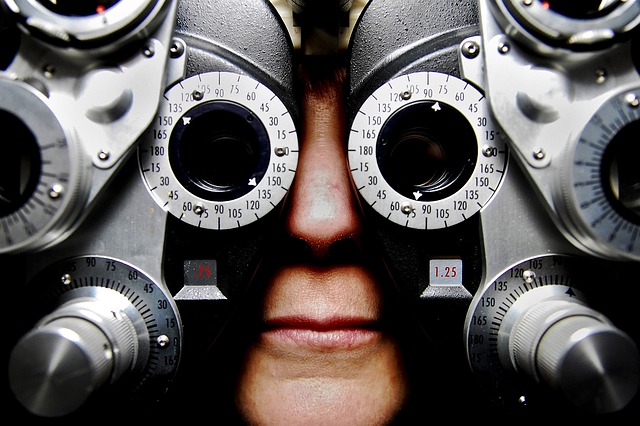Groundbreaking CRISPR treatment for blindness only works for subset of patients
By Jocelyn Kaiser,
Science
| 11. 17. 2022
After some early but cautious optimism, a company is shelving its pioneering gene-editing treatment for a rare inherited blindness disorder. Editas Medicine announced today the trial trying to use the gene editor CRISPR to treat Leber congenital amaurosis 10 (LCA10) led to “clinically meaningful” vision improvements in only three of 14 patients.
In the study, patients received a subretinal injection of a modified virus carrying genetic material encoding components of CRISPR, a DNA-cleaving enzyme, and two RNA strands to guide the protein to its target sequences. For this trial, CRISPR was designed to snip out a problematic part of a gene called CEP290, which encodes a protein needed by the photoreceptor cells that eyes use to sense light. It was the first trial in the world to directly inject the gene-editing system into the body, rather than applying CRISPR to people’s cells in a lab dish and then reinfusing them.
Two of the patients whose vision improved—a woman treated early in the trial and a 14-year-old boy treated more recently, both of whom received midrange doses—had two defective copies...
Related Articles
By Diaa Hadid and Shweta Desai, NPR | 01.29.2026
MUMBRA, India — The afternoon sun shines on the woman in a commuter-town café, highlighting her almond-shaped eyes and pale skin, a look often sought after by couples who need an egg to have a baby.
"I have good eggs,"...
By George Janes, BioNews | 01.12.2026
A heart attack patient has become the first person to be treated in a clinical trial of an experimental gene therapy, which aims to strengthen blood vessels after coronary bypass surgery.
Coronary artery bypass surgery is performed to treat...
By Staff, ScienceDaily | 01.05.2026
Scientists at UNSW Sydney have developed a new form of CRISPR technology that could make gene therapy safer while also resolving a decades-long debate about how genes are switched off. The research shows that small chemical markers attached to DNA
...
Following a long-standing CGS tradition, we present a selection of our favorite Biopolitical Times posts of the past year.
In 2025, we published up to four posts every month, written by 12 authors (staff, consultants and allies), some in collaboration and one simply credited to CGS.
These titles are presented in chronological order, except for three In Memoriam notices, which follow. Many more posts that are worth your time can be found in the archive. Scroll down and “VIEW...




